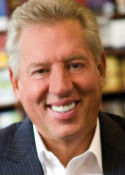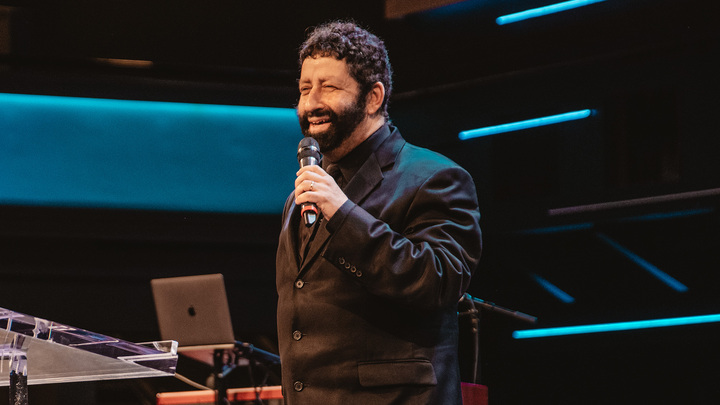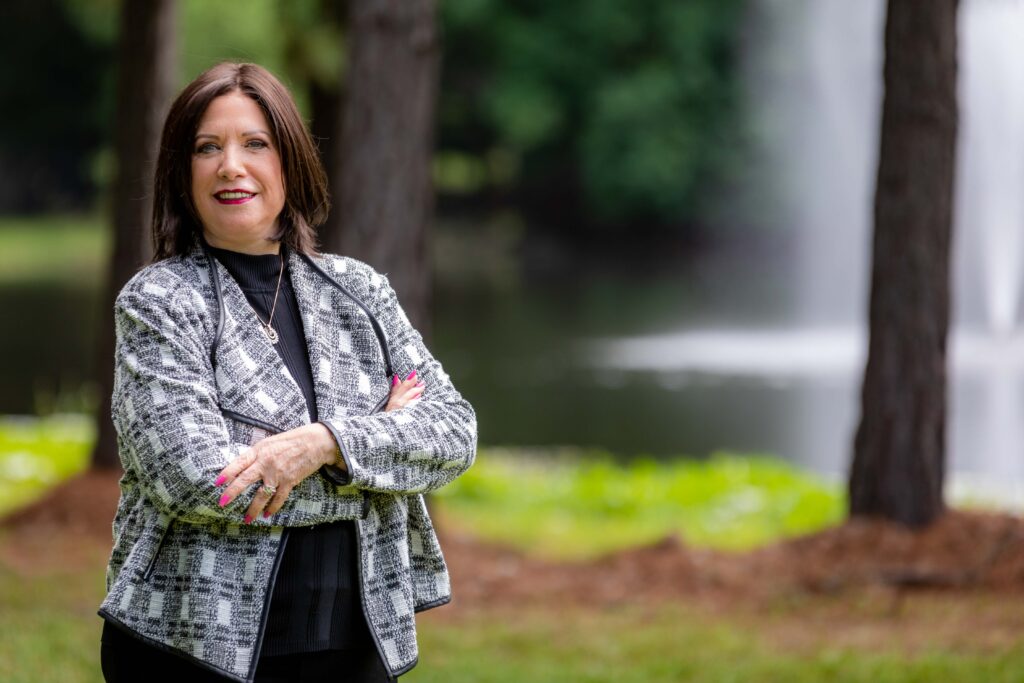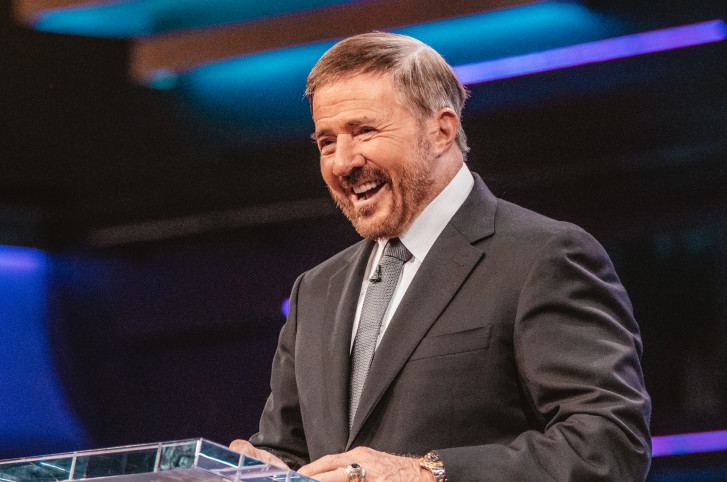Can you believe September is here? Is your life speeding up as you enter the fall season? I know when my kids were young, September was an important month, since it meant the start of the new school year. It meant a new level of busyness and responsibility for the whole family. I think for most of us, even if we’re long past our school years, September still reminds us of new beginnings. Because of that, it’s a great time for us to make new commitments and start new habits.
We’ve all heard the expression “All’s well that ends well.” And that certainly carries a lot of truth. But really, how we begin has its own huge impact on the success of any effort.
I’d like to talk to you today about beginnings. How do we start well?
There is so much value in making a good start at any age. But starting early has huge value. And for this post, I want to address parents. If you are a parent – or a significant adult in the life of a child – you have the privilege and responsibility of helping child start on the right road early in life. So whether you have children, grandchildren, students, or young adults that you’re mentoring, here are some ways you can assist young people in starting early:
Help Them Get to Know Themselves.
While it’s true that much of self-knowledge can come with age and experience, it’s never too early for young people to focus on getting to know themselves: both their strengths and their weaknesses. This way, they can start early to develop their strengths and shore up their weaknesses. And here’s an important note: We shouldn’t just focus on academics. That might be the temptation, but there’s so much more to a person than academic success. Kids also need to know where they’re strong and weak in areas like personality and character.
Help Them Establish How To Do Relationships.
As I’m sure you’ve observed, we aren’t born automatically knowing how to be good friends or handle conflict. With young people, modeling goes a long way, but we can give them a head start if we share with them practical tools for conflict resolution and healthy friendships.
Help Them Begin To Discover Their Priorities
In today’s world of opportunities, we can easily get caught up in doing too much. Especially as kids enter their teen years, it’s important to help them discover what’s most important to them, so they can focus their time and energy only on those things. Every child and teen needs time to rest and do homework. We can help them learn to say “no” when necessary.
Help Them Begin To Develop Their Philosophy of Life.
Young people are hungry for meaning, especially in this current generation. And it’s important, especially for teenagers, for them to discover and embrace their life philosophy. If you’re a person of faith, as I am, then you need to provide your kids with opportunities to experience your faith, and to explore and evaluate it for themselves. Finding meaning in life at a young age will greatly serve young people in the years to come.
Help Them Extablish Healthy Habits Now
Do the young people you’re influencing get enough sleep? Are they eating healthy foods? Are they getting enough regular exercise? Are they doing first things first? Most of us older adults can look back and wish we had established and maintained good habits when young. It’s said that young adults often give up their health to gain wealth, and then as older adults, they give up their wealth to regain their health. By making good health a habit and maintaining it as they get older, young people will never have to focus on “regaining” it.
Help Them Learn What THey Need To Learn.
These next three points are where academics begin to come in, but this particular point isn’t about grades. It’s about developing a love of learning for its own sake. Encourage kids to focus on learning and growing, especially in areas that naturally interest them. Now is the time for them to develop intellectual curiosity, to ask good questions and gather information, and especially to read, read, and read some more.
Help Them Learn To Pay The Price.
And now, to grades. While we love the idea of “having it all,” we know as adults that life is about choices. We must give kids the tools to make the right trade-offs. My dad always told me, “You can pay now and play later, or you can play now and pay later. But either way, you will always pay.” How do you motivate kids to pay the price? If they can embrace a bigger vision for why, they’re more likely to do that. Which leads to the next point.
Help Them Prepare For The Future.
As we all know from having been kids ourselves at one time, young people like to live for the moment. But as they get older, they respond well to a meaningful vision for their future. So we need to talk with them about what they want their future to look like. Help them draw the picture and focus on it. This will give them a reason to do the hard things necessary to make progress toward that vision.
Help Them Find Their Purpose in Life.
I believe that everyone is created for a meaningful purpose, a life of significance. And it’s possible to pursue that purpose, rather than the traditional definition of success. Many years ago, I came up with a new definition of success that has helped me in my pursuit of significance. For me, success is knowing my purpose in life, growing to my maximum potential, and sowing seeds that benefit others. If we can help kids to see this big picture and start figuring out where they fit in it, we really help them.
Starting early in personal growth is like starting to save money when you’re young. It increases your odds of reaching your goals, compounds your success, and gives you more options later in life. In this season of new beginnings, take the time to think of a young person or child that you can come alongside and mentor in the value and steps to starting early and well. Your efforts may help them unlock the door to success and significance, with the positive outcomes lasting beyond your own life, and even theirs.
Dr. John C. Maxwell’s premiere leadership newsletter,
available for free subscriptin at www.johnmaxwell.com/newsletters
John Maxwell grew up in the 1950s in the small Midwestern city of Circleville, Ohio. John's earliest childhood memory is of knowing that he would someday be a pastor. He professed faith in Christ at the age of three, and reaffirmed that commitment when he was 13. At age 17, John began preparing for the ministry. He attended Circleville Bible College, earning his bachelor's degree in 1969. In June of that same year, he married his sweetheart, Margaret, and moved to tiny Hillham, Indiana, where he began his first pastorate.
While serving in his second church, Maxwell began to study the correlation between leadership effectiveness and ministry effectiveness. On July 4, 1976, while preaching at a service commemorating America's bicentennial, John sensed that God was calling him into a ministry to pastors. Within days after that event, pastors began to contact him, asking for his assistance in nurturing their churches. Over the next four years, on an informal basis, John helped scores of fellow pastors. Then, in 1980, he was asked to become Executive Director of Evangelism for the Wesleyan denomination.
Though his time at Wesleyan headquarters was productive, John soon realized that his deeper desire was to help pastors from numerous denominations. He knew that desire would be unfulfilled if he were to stay at denominational headquarters. As a result, in 1981 John accepted the call to return to the pastorate, this time at Skyline Wesleyan Church in the San Diego, California area. But he did so with the church's blessing to pursue his vision. The Skyline congregation allowed him to continue mentoring and assisting pastors even as he led them to new levels.
In 1985, as he continued to equip and encourage other pastors, John took the next crucial step in leadership development. He founded a new company called INJOY and created the INJOY Life Club, featuring a monthly tape for leaders. The fledging operation, established in the corner of a garage, was soon bursting at the seams. The INJOY Life Club tapes were received with great enthusiasm, and the number of subscriptions quickly increased from hundreds to thousands. Simultaneously, the demand for other resources and seminars exploded. Pastors from coast to coast were responding, and their desire for help was even greater than John had anticipated.
As the years passed, INJOY began demanding more and more of John's time. In 1995, he resigned from his position as senior pastor at Skyline following a very fruitful 14-year tenure. The church had tripled in size and its lay ministry involvement had increased ten-fold. Dr. Maxwell is in great demand today as a speaker. Through his bestselling books, audio and video resources, and major conferences, he communicates directly with more than one million people every year. He is frequently asked to speak for organizations such as Promise Keepers and Focus on the Family, but his greatest joy and desire is to help pastors become better leaders.
Because the need for leadership development knows no borders, John established EQUIP, a non-profit organization which trains leaders in urban communities, academic institutions, and within international organizations. EQUIP is also spearheading a movement which has enlisted more than one million pastoral prayer partners who covenant to pray specifically for those who shepherd God's flock.
John continues to seek new opportunities to help churches and church leaders. He knows that one thing is constant: the only hope for the world is salvation through the Lord Jesus Christ, who gives life abundantly.






